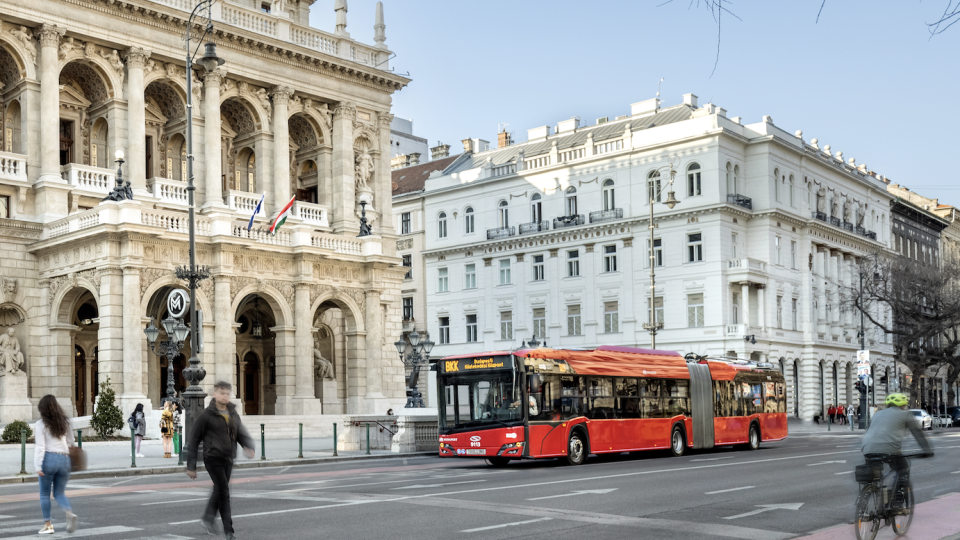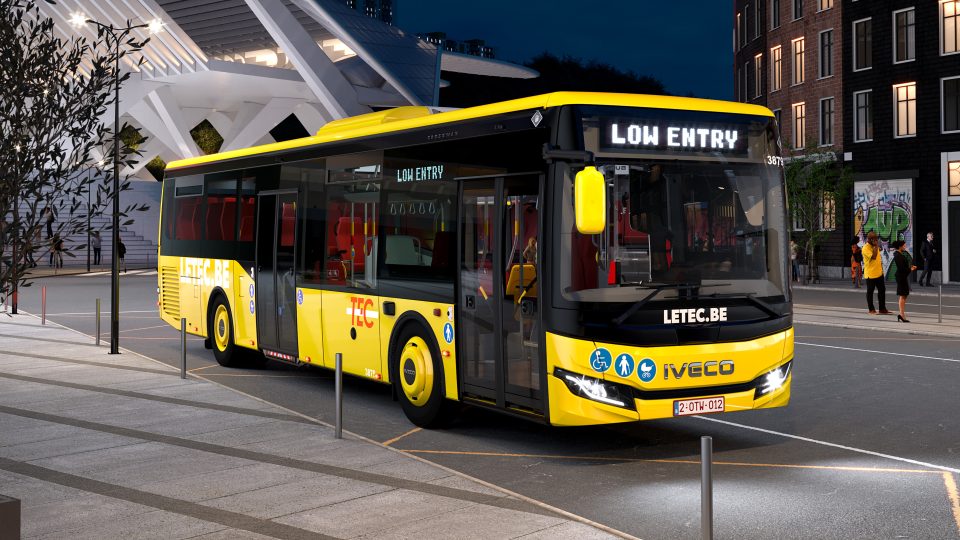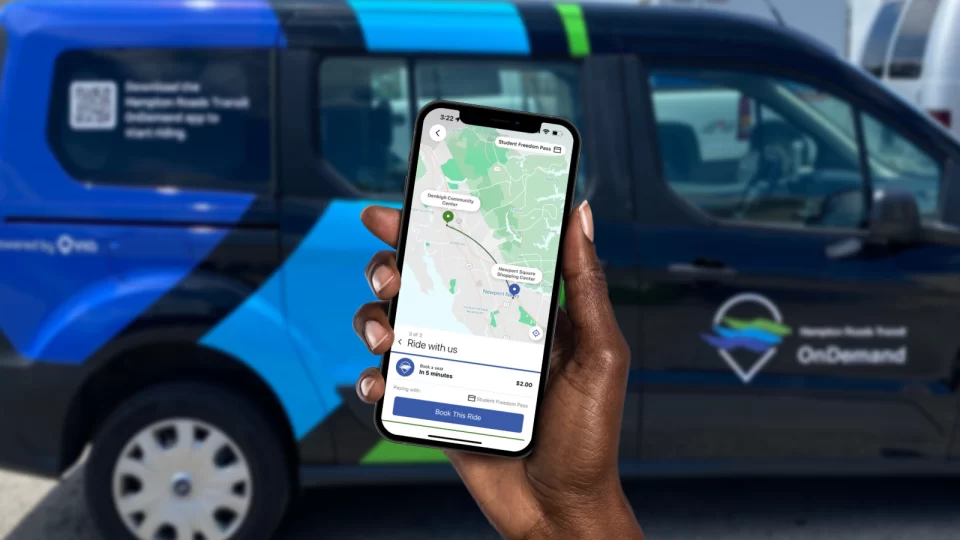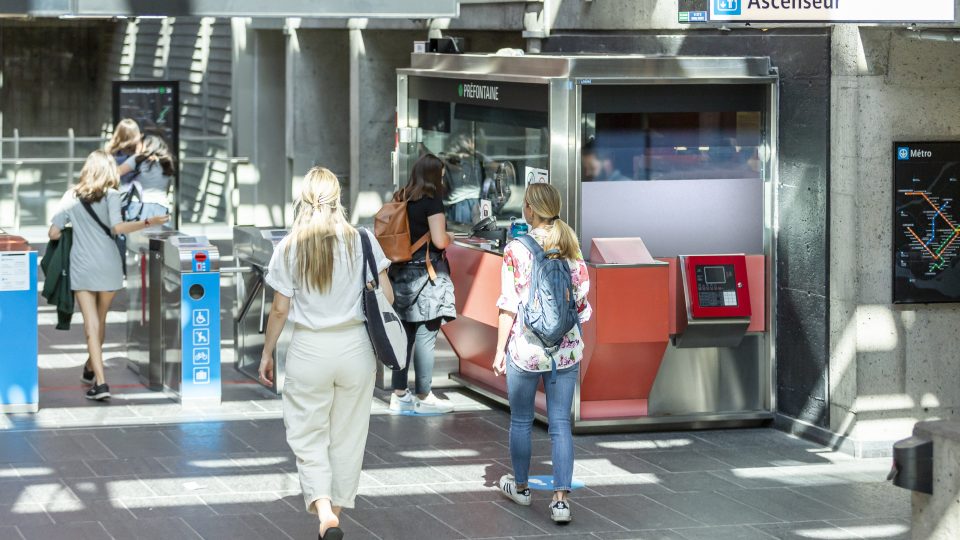Future of coaches, nothing better than LNG. A study by IRU
While the path for the future city buses is apparently clear and opened, for long-distance buses the transition to more sustainable technologies involves number of possibilities. LNG, biofuels, hybrid: these are, to be simple, the three main options manufacturers are facing with, in the need to imagine and develop, as soon as possible, alternative drive […]
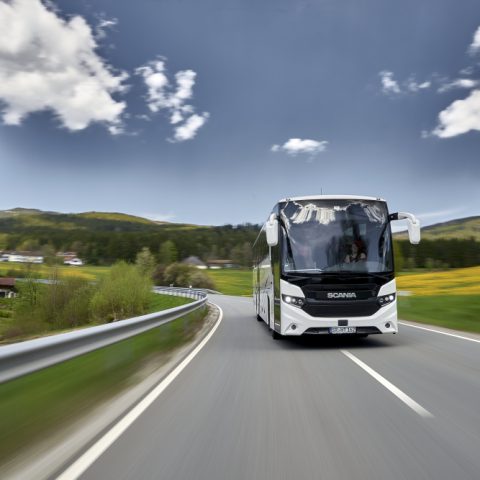
While the path for the future city buses is apparently clear and opened, for long-distance buses the transition to more sustainable technologies involves number of possibilities.
LNG, biofuels, hybrid: these are, to be simple, the three main options manufacturers are facing with, in the need to imagine and develop, as soon as possible, alternative drive coaches able to comply with the diesel bans in European urban areas, that are going to multiply in the next 15 years.
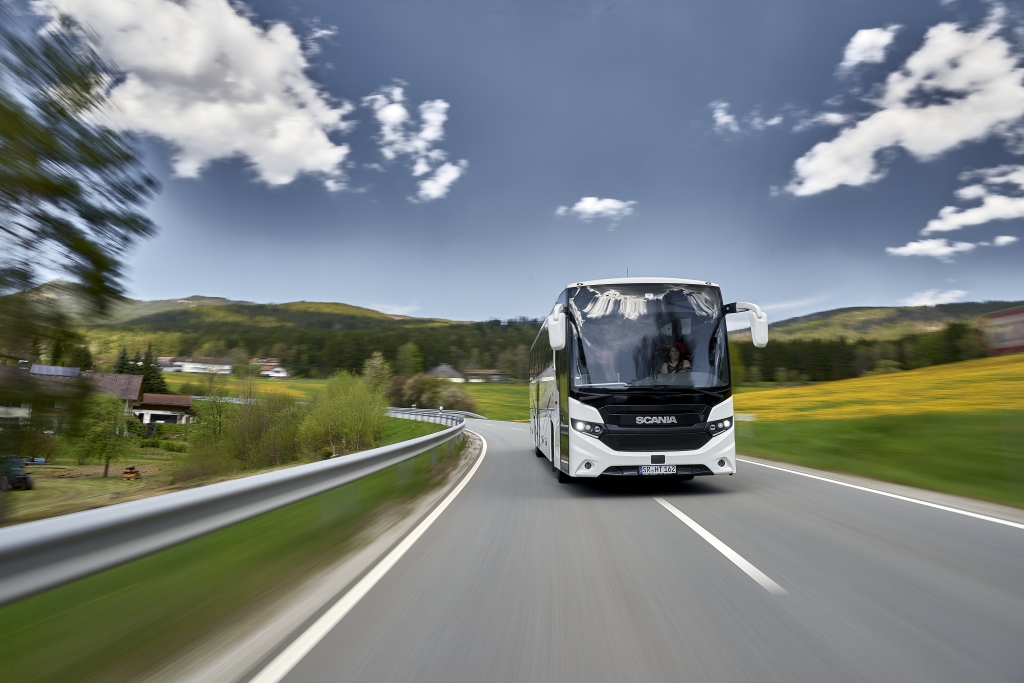
Today, no alternative to diesel in coach sector
Aware that, in the category of coaches, “there are simply no viable alternatives to diesel vehicles presently available on the market“, IRU (World Road Transport Organisation) has commissioned a study to ISSINNOVA aimed at identifying possible alternatives to diesel drives in the short and medium term, outlining pros and cons from a technological, economic and infrastructural point of view.
The study “Coach of the future” is based on the operating profile of a coach engaged on trips that exceed 500 kilometers and on an annual mileage of about 60 thousand kilometers, of which only 10 percent on urban areas. A ten per cent that, however, appears crucial to determine the technological evolutions of the sector.
CLICK HERE TO DOWNLOAD THE STUDY
The coach of the future: LNG, Biofuel, hybrid
So, what are the alternatives? Three, as already mentioned. Let’s be more specific. Liquefied natural gas is in first place (the study takes into consideration bio-LNG, an LNG blend of 80% natural gas and 20% biomethane). Liquefied natural gas is a mature technology in the truck sector, with an expanding supply network. Scania is betting on it: the Swedish manufacturer launched the world’s first LNG coach at the last IAA Commercial Vehicles in Hanover. This fuel “is suitable to be used over long distances due to its high energy content and density“.
CLICK HERE FOR THE ARTICLE
The first LNG-coach will be unveiled at IAA (by Scania)
Hybrid coach, convenience is a question mark
Then, secondly, we find biofuels, split into two families: FAME (biodiesel) and hydrotreated vegetable oils (HVO). In terms of sustainability, HVO “offers greater emissions reduction potential”.
Third and last alternative is the diesel-electric hybrid, able to circulate at zero emissions in the urban area. Not a very common choice, indeed: no such products actually exists on market. As Volvo Buses president Agnevall underlined in an interview with Sustainable Bus, «The concept of a diesel-electric hybrid coach could work. But it depends on how far you need to carry the batteries. Batteries have additional weight and add fuel consumption. So you would add fuel consumption on the long distance to have full electric mode in city center. Technically, today it is feasible, financially and environmentally I don’t know if it could be convenient».

Nothing better than… LNG
According to the authors of the study, the most viable solution, at least in the next 15 years, is liquefied natural gas: “bio-LNG is the alternative fuel for which political and economic solutions could be most easily implemented in the short-to-medium term (2023- 2035)“. The main barrier to the adoption of LNG vehicles is the presence of a widespread supply network.
In terms of economical convenience, the transition cannot take place without favourable policies: “Energy tax policy could be a powerful instrument to support post-diesel scenarios and the decarbonisation of transport. (…) Tax incentives and subsidies should be designed to reflect the true costs to society (CO2 impact and energy content), be fair for taxpayers and efficient for the industry”.
Lower costs with LNG
Leaving aside the hopes, according to calculations feasible today, “over the average lifetime of a coach (13 years), the shift from diesel to alternative fuels will incur higher annual costs (including capital, maintenance and fuel costs), with the exception of bio-LNG vehicles, which may lead to -3.7% lower annual costs compared to a Euro VI diesel vehicle thanks to lower fuel prices and despite higher vehicle purchase costs”. What about the other categories? “While vehicles running on HVO require no additional capital costs, overall costs exceed those of diesel vehicles by about 14% due to higher fuel costs. In the case of hybrid diesel-electric vehicles, the cost increase compared to diesel vehicles is +4.3% due to higher capital and maintenance costs”.
The environmental performances
But what are the environmental impact? On a local scale, thus considering tailpipe emissions, “compared to a diesel Euro VI coach, the environmental performance of bio-LNG shows reductions in percentage terms of about -50% of NOx and -90% of PM. No significant reductions are observed in the case of HVO. Hybrid electric diesel vehicle performance is assumed to be proportional to the reduction of diesel consumption”. On the other hand, considering a well-to-wheel approach (which involves not only tailpipe emissions but also the global ecological footprint of fuel production), the study warns: “the assessment of fuel lifecycle emissions is complex and depends on how and where fuels are produced”.
The conclusion of IRU’s study
Here’s the conclusion of the study: “Bio-LNG emerges as the option with the lowest abatement costs and most manageable barriers, with the infrastructure being the key remaining issue. HVO has medium abatement costs due to higher fuel costs but is still a promising option considering the high level of technology readiness and infrastructure availability. Resource availability is one of the key barriers to its increased usage but can be overcome as advanced biofuels are mainly produced with wastes and residues, with low supply constraints. Finally, alternative propulsion systems offer significant benefits but uptake in the short- term is hampered by high vehicle acquisition costs and lack of sufficient battery technology.




